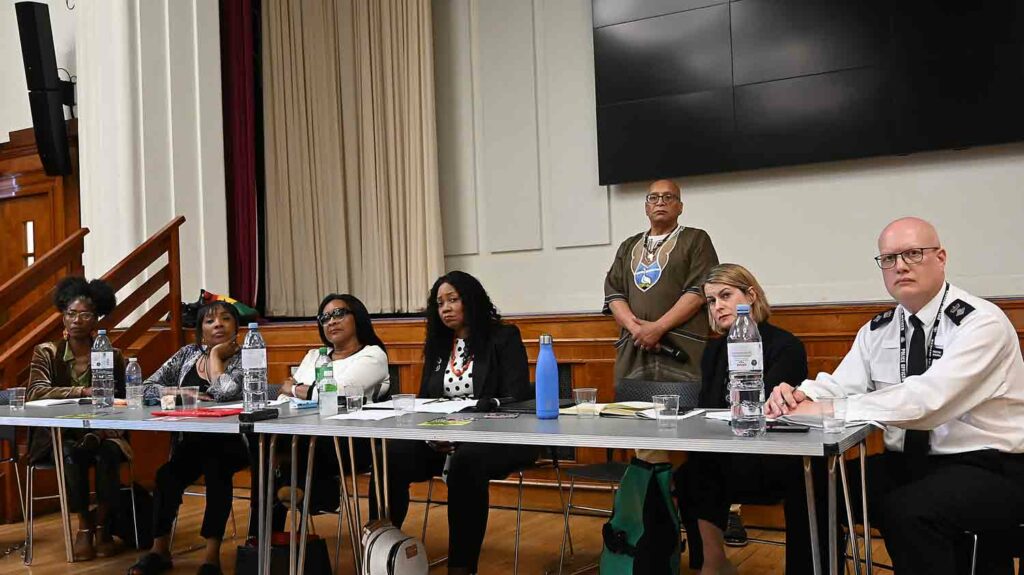
Lambeth town hall was last night (7 July) the scene of anger and harrowing descriptions of the deaths in Brixton of men in police custody.
It also heard disturbing questions about the aftermath of the death of Ian Taylor in Coldharbour Lane three years ago that are only now coming to light.
Among the powerful speeches was that of Marcia Rigg, whose brother Sean died 14 years ago outside Brixton police station in circumstances similar to those of the later incident.
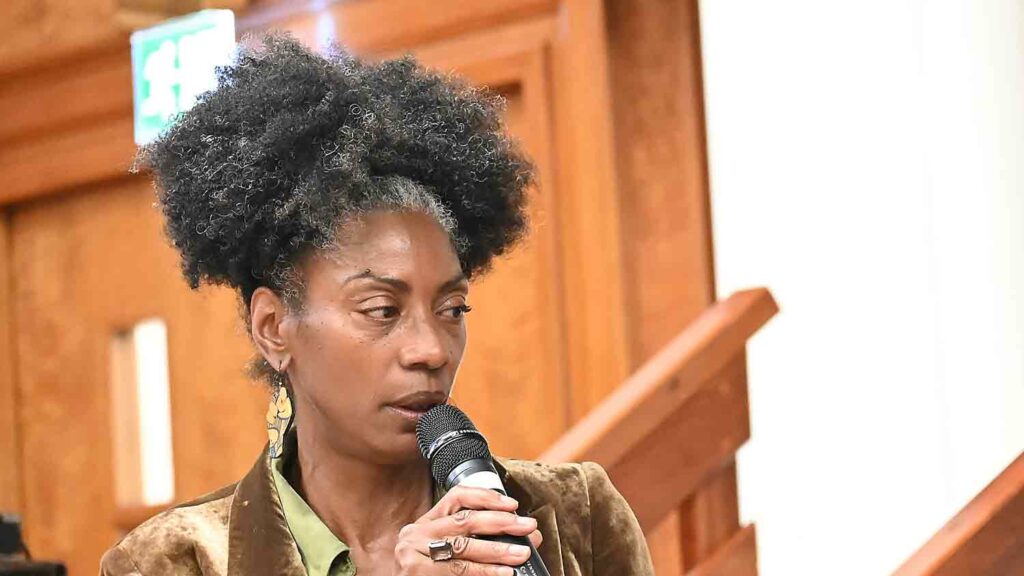
Ian Taylor’s aunt Pauline Taylor and stepmother Millicent both delivered moving accounts of Ian Taylor and the way he died that were profoundly critical of the police.
Speaker after speaker from the floor pointed out that his death was just one among many of Black men in police custody.
Local chief superintendent Colin Wingrove, who was not in this post at the time of the incident, listened as MP Helen Hayes described the police role in Ian Taylor’s death as an “absolutely gross failure”.
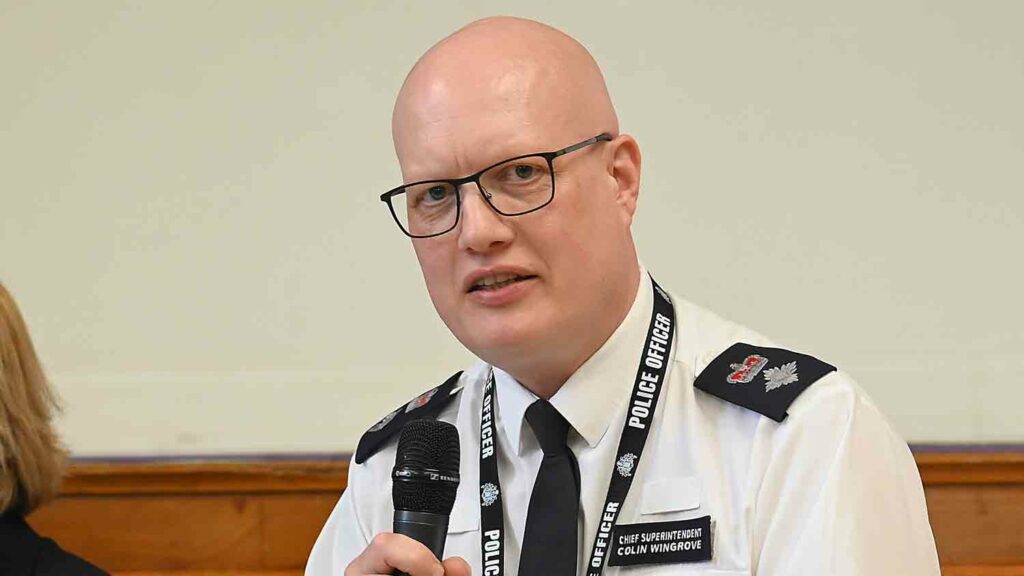
And he was challenged by another speaker to investigate reports that, after Ian Taylor’s death, police had claimed it was in a fight and used this as an excuse to harass and threaten local Black men.
Shocking, moving and angry testimonies can be seen in a recording of the two and a half hour meeting.
Ian Taylor, a 54 year-old Black British Rastafarian with severe asthma died in Coldharbour Lane after suffering a cardiac arrest on 29 June 2019 while detained by police.
Police did not take him to hospital, despite knowing an ambulance was delayed.
A coroner’s jury found on 20 May this year that his death was caused by acute asthma and situational stress, alongside two underlying health conditions, with dehydration as a further contributing factor.
They also found that he died in part because the police’s assessment of the risks to him were not adequate. More details.
On one of the hottest days of the year, police had and used water, even pouring it over themselves in the heat. But they did not provide Ian Taylor with any.
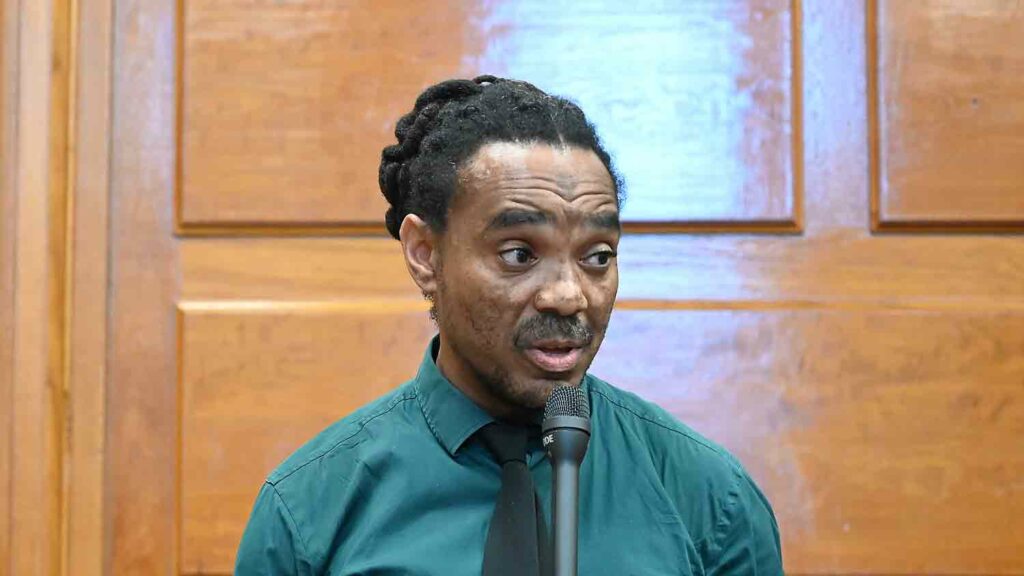
Activist Rashid Nix said local people told him what had happened in the Coldharbour Lane and Somerleyton Road area after Ian Taylor died.
“The police were going around and they were trying to fit up Black men from that community with killing the gentleman in question,” he said.
“If anyone saw the story, when it first broke, they said the brother died after a fight,” Rashid Nix said.
Police were kicking at men’s doors and saying they were involved in Ian Taylor’s death and ordering them to produce their passports and their right to remain.
“You investigate this and find out why your officers were trying to criminalise our community for something that your officers were responsible for,” he told chief superintendent Wingrove.
He asked him to respond directly to these charges and say that he would look into them “and come up with some concrete answers”.
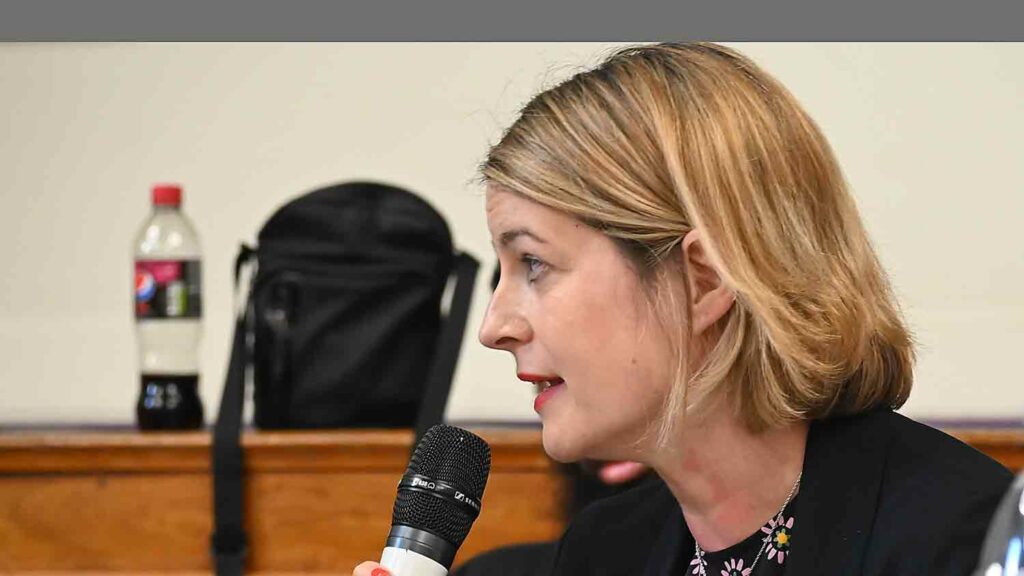
Helen Hayes said: “It is clearly, an absolutely gross failure on the part of the officers who were at the scene. That is undeniable.
“It is clear from reading the coroner’s report and from hearing about what you [his relatives] witnessed on the camera footage.
“I think there are really big questions about accountability in this case,” the MP said.
A briefing provided by police to key stakeholders after Ian Taylor’s, death bore “no relationship to the facts that we now understand” from the coroner’s case.
“What that means is that it’s been three years since Ian passed away. And during that time, there has been no accountability at all because nobody knew what had gone on.”
Helen Hayes said she had written earlier that day to the head of the Metropolitan police.
“I want to know what’s happened in those three years,” she said.
She wanted to know where those offices are now who were at the scene and who failed Ian Taylor so badly.
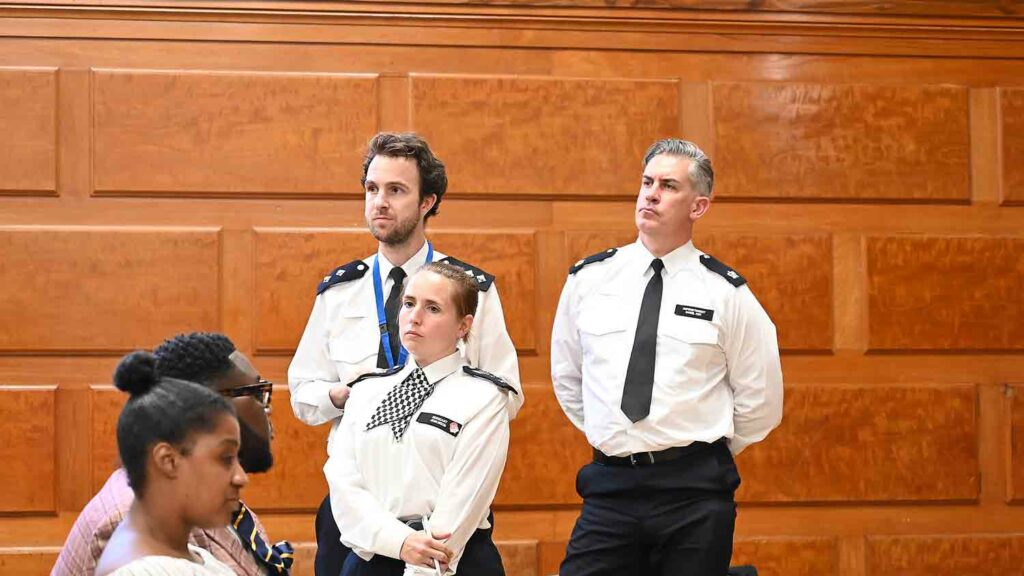
“I want to know what’s changed in the protocols around medical assistance for people who need medical assistance while they’re in the custody of the police.”
“I want to know how Ian Taylor’s family can seek justice three years on for what happened to their loved one.”
She also wanted to know why the report on Ian Taylor’s death by the Independent Office for Police Conduct has still not been published – “It hasn’t been provided out in the public domain so that we can scrutinise that investigation.
“I want to know what steps have been taken to ensure that everybody who experiences ill health whilst in police custody receives medical treatment.
“As a matter of urgency, I want to know what steps have been taken to improve communication between the Metropolitan police and the ambulance service, so that it is absolutely clear where responsibility lies in the case of a medical emergency.
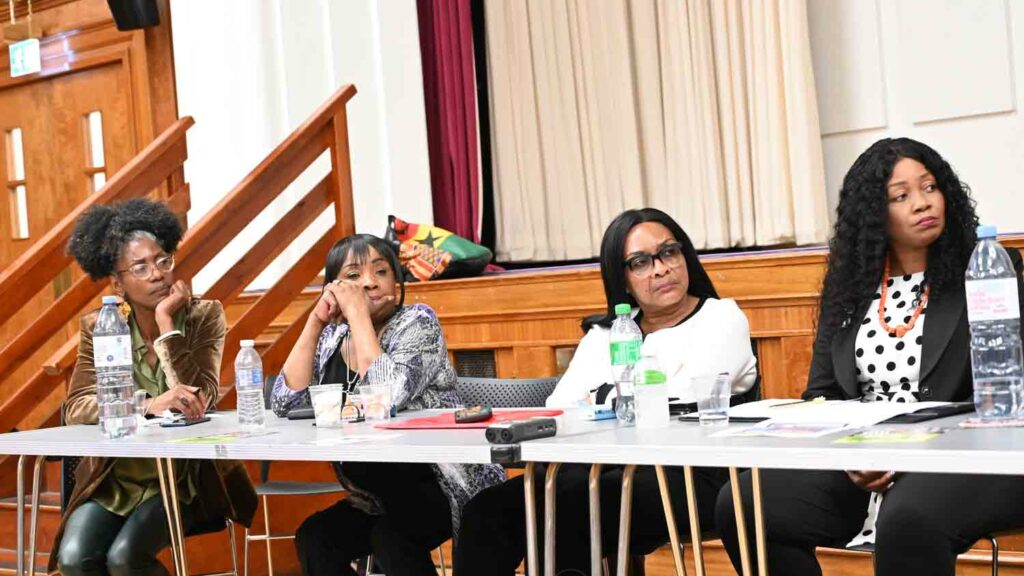
“I want to be sure that this case has filtered through to Baroness Louise Casey, who is doing a review into the culture in policing at the moment, as an exact example of the kinds of tragedies that can happen because of that basic refusal to apply kindness and compassion and dignity in some circumstances.”
Helen Hayes also wanted to know what is being done to ensure greater transparency and accountability in policing.
“And finally,’ she said, “I want the acting commissioner [of the Metropolitan police] to investigate the role that racism may have played in the way that Ian Taylor was treated.”
This case “and the other tragedies that we know about” must lead to lasting change, the MP said.
“I know, and I understand, the weariness that there is in our communities that we are here again, talking about another tragedy and another failure.
“But the fact that the Metropolitan police has been taken into special measures., and the fact that we are getting a new commissioner, I think, means that there is a pivotal moment for change to be delivered.”
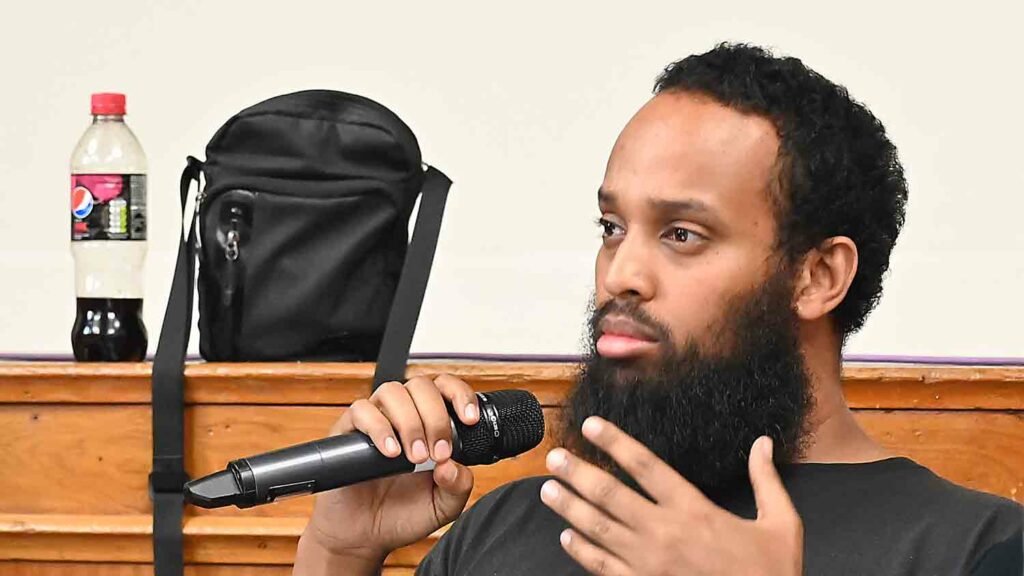
Dr Mahamed Hashi, Lambeth council cabinet member for safer communities, said the issue was not just a police one, but a societal one.
Referring to the earlier contribution by Rashid Nix, he said there had been reports of three people being arrested for attempted murder after Ian Taylor’s death – “which implied that something else happened”.






